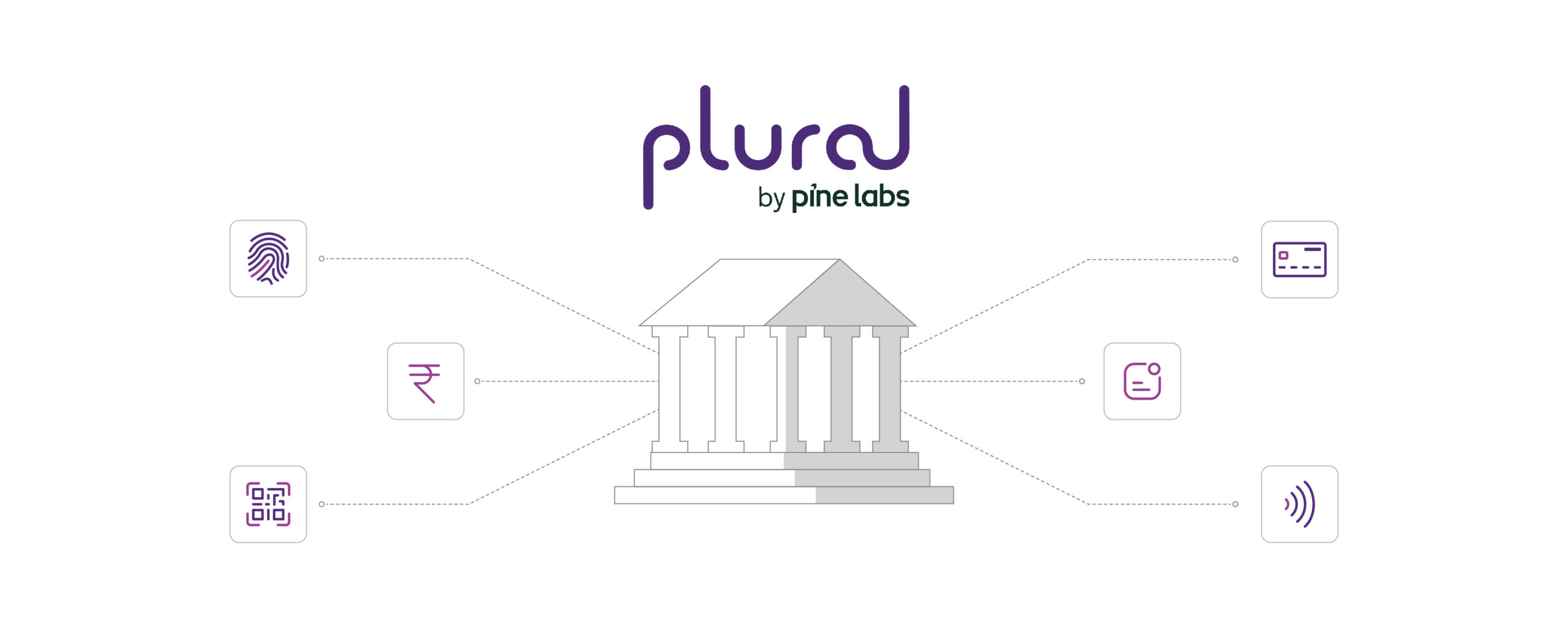A decade ago, the idea of paying your friendly neighbourhood vegetable vendor or an SME to accept online payments through a digital app like UPI would’ve sounded like a futuristic fantasy. Back then, cash ruled the transactions, and digital payments were reserved for bigger players. But fast-forward to today, SMEs (small and medium businesses) making and accepting online payments has become the norm.
Today, the same vendor is armed not just with fresh produce but also with a QR code or a mobile payment app. That’s the new normal. And it’s not just for them; it’s a trend sweeping through Small and Medium Enterprises (SMEs) everywhere.
In fact, statistics reveal a seismic shift: 72% of the payments in Micro, Small, and Medium Enterprises (MSMEs) in India are now conducted online through cards, UPI, net banking, and other digital channels.
So, why this sudden embrace? In this blog, we’ll dive into why SMEs are racing to adopt online payments and how it’s reshaping their entrepreneurial journeys.
The shift from cash to online payments in SMEs
For decades, SMEs operated within the comfort of cash transactions, a system ingrained in their business DNA. The trusty exchange of bills and coins offered them immediacy and familiarity.
However, this reliance on cash had its drawbacks. SMEs encountered numerous challenges, from security concerns to the cumbersome nature of handling physical currency. These businesses often grappled with issues like tracking payments, managing liquidity, and facing the risks associated with storing cash on-premises.
The limitations of cash transactions have become more starkly apparent in today’s digital era. Its tangible nature is a hindrance in a globalized, fast-paced market where instantaneous transactions are the norm.
Moreover, tech-savvy consumers today demand seamless, convenient payment options. This makes traditional cash transactions seem outdated.
Digital payments present an antidote to these challenges. They offer SMEs a lifeline—a way to transcend the limitations of cash. Whether it’s streamlining transactions or enhancing financial security, online payments are transforming SMEs, helping them compete in today’s market.
Factors driving SMEs to embrace online payments
Convenience and efficiency
Digital payment systems offer a hassle-free way for SMEs to handle transactions. They’re as easy as a few taps or clicks, saving time and effort compared to handling cash.
With over 91% of Indian consumers preferring online payments, SMEs are leveraging this trend for smoother and quicker transactions.
Enhanced security and transparency
Unlike cash, digital transactions provide a more secure platform. There’s a digital trail for every transaction, ensuring transparency and reducing the risk of theft or fraud. Encryption and authentication methods safeguard sensitive financial information, instilling confidence in both businesses and their customers.
Integration capabilities with modern business operations
Digital payment systems seamlessly blend into modern business tools and operations. They integrate with accounting software, inventory management systems, and sales platforms, streamlining the overall business process. This integration facilitates smoother financial tracking and simplifies record-keeping, aiding in better decision-making and operational efficiency.
The simplicity, security, and integration capabilities offered by digital payment systems align perfectly with the evolving needs of small businesses. Small businesses strive for agility and competitiveness in the market, and SME online payments support these efforts marvelously.
Advantages of SME online payments
As SMEs embrace online payments, they discover a world of benefits that change how they work. These new systems make their operations better, help them connect with customers, and even reach global markets. Here’s how digital payments make a big difference for SMEs:
Improved cash flow management
Digital payments provide SMEs with detailed insights into their finances. This visibility allows them to track incoming and outgoing funds in real-time, enabling better forecasting and informed financial decisions. It helps them allocate resources more efficiently and navigate potential cash flow challenges more effectively.
Enhanced customer relations and satisfaction
Offering various payment options not only delights customers but also strengthens the bond between SMEs and their clientele.
Accommodating customer preferences with options like our Affordability Suite fosters a seamless and pleasant experience. These satisfied customers are more likely to return and recommend the business to others, nurturing a loyal customer base.
Global accessibility
Digital payments erase geographical boundaries for SMEs. With these systems, businesses gain access to a global marketplace, transcending local limitations. This opens doors to new opportunities and enables them to scale their business on an international level.
Faster transactions
The agility of digital payments significantly expedites transactions. SMEs no longer grapple with the time-consuming processes of waiting for checks to clear or tallying physical cash. This accelerated pace enables businesses to swiftly serve their customers, thereby enhancing customer satisfaction.
Security and fraud protection
Digital payment systems employ advanced technologies like encryption and two-factor authentication to create secure layers around transaction data.
Furthermore, certain digital payment options, like virtual credit cards, act as one-time payment solutions dedicated to specific vendors and fixed amounts. This strategy adds an extra shield, safeguarding your primary credit card details from potential hacking risks and makes it easier for SMEs to accept payments online.
Adaptability and innovation
Adopting digital payments pushes SMEs to think creatively and adapt to changes.
This flexibility enables them to incorporate new trends and technologies, ensuring their business remains resilient and relevant in an ever-changing landscape. By being adaptable, SMEs are better equipped to face unforeseen challenges and capitalize on emerging opportunities.
Efficient inventory management
Integrating payment systems with inventory tracking revolutionizes how SMEs handle their stock. This integration provides real-time insights into product movement, aiding in making informed decisions about restocking and inventory levels. This way, SMEs can avoid overstocking or shortages of favourite items.
Improved financial records
Digital payment systems leave behind a comprehensive and organized financial trail for SMEs. This detailed transaction history simplifies financial record-keeping, ensuring accuracy and making audits a smoother process.
SMEs no longer have to spend six to ten hours a week processing and reconciling payments. Further, digital records also ensure compliance adherence for SMEs, fostering trust and reliability in their operations.
Access to credit and financing
Maintaining a robust digital payment history acts as a testament to SMEs’ financial credibility. This track record of responsible money management enhances their credibility with lenders.
Financial institutions trust businesses that exhibit sound financial practices, opening up avenues for SMEs to access credit facilities and financing options.
Why SME online payments are the future
Online payments redefine SMEs by optimizing their cash flows, enhancing customer relationships, and broadening global market access. It’s not a mere choice but a necessity for sustained competitiveness.
The time is ripe for SMEs to embrace digital transformation. SME online payments are truly the key to unlocking efficiency, enhancing customer satisfaction, and expanding market reach. It’s time to adapt, innovate, and thrive in the digital landscape.
At Plural, we stand as your trusted partner, providing a suite of versatile payment solutions. From traditional cards to flexible EMIs and more, our cost-effective suite ensures your competitive edge. Try out the Plural Affordability Suite for a journey toward growth and prosperity in the digital era.

Experienced marketing professional specialising in setting up and executing go-to market strategies to improve leads, increase brand awareness, optimise funnel and maximise revenue of a business.




